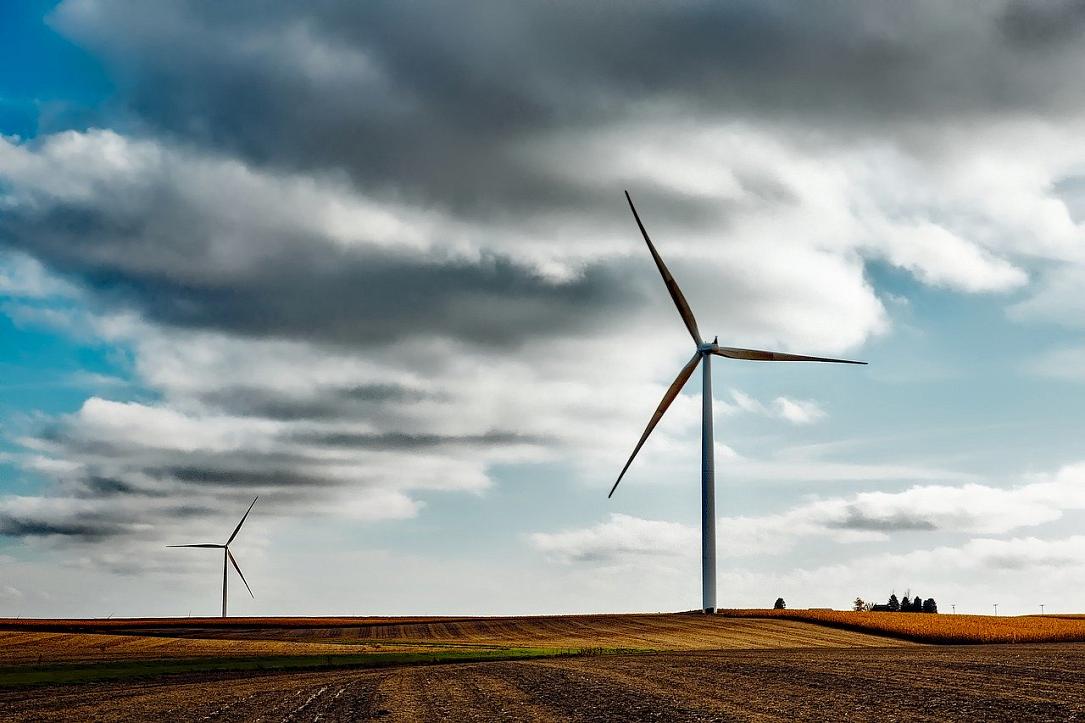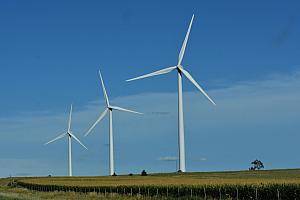RO wind farms not happy with regulations planned to improve market balancing

The association of investors in wind farms, PATRES, objected to new rules drafted by the market regulator ANRE with the declared aim of changing the behavior of wind farm operators and eventually decrease the net imports of electricity.
Romania turned into a net importer of electricity last year and this was broadly interpreted in the context of obsolete domestic production capacities, part of which are polluting and inefficient.
While this might be partly true, the wind farms placing excess electricity on the market with no prior notification has also contributed to the situation, the answer sent by ANRE to PATRE suggests, according to Economica.net.
Thus, ANRE suggested that wind farm operators have avoided selling their output in advance on the day-ahead-market and preferred placing it on the market where it is preferentially absorbed.
The green certificates received for the electricity delivered more than compensated the low price obtained for the electricity thus delivered. But this forced the local suppliers to contract electricity from import in advance.
Actual wind electricity delivered (more than notified) forced the market system operator to trim down the output of local gas-fired plants. Higher financial fees paid for electricity supplied in excess, set by ANRE under draft new regulations, would prevent such behaviour.
Furthermore, ANRE suggested that the wind farm operators can sell their output on the intra-day market, with a much better error margin between actual and planned deliveries.
(Photo: Pixabay)
editor@romania-insider.com












